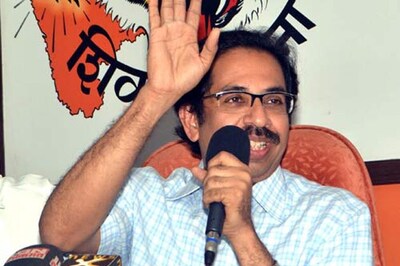
views
BANGALORE: Seven-year-old Suresh (name changed) was just six months old when he was diagnosed with epilepsy. Despite treatment, he had epileptic fits four to five times a week forcing him to quit school. It was only after surgery that he was able to lead a normal life.In a similar story, 26-yearold Disha shared her story of dealing with epileptic fits, which led to her quitting school after SSLC, despite being outstanding in academics. Currently, six months after brain surgery, she was working as a teacher in a primary school.These were case studies presented by a team of neurologists at Vikram Hospital on the occasion of expansion of epilepsy surgery facility at the hospital. The facility was inaugurated by Home and Transport Minister R Ashok.Epilepsy affects one in every 100 individuals. Among the affected people, one in five do not respond to any medical treatment. Consequently, they end up having dealing with fits daily and sometimes even 20-30 times a day. Due to lack of awareness, scarcity of trained neurologists and neurosurgeons and sophisticated equipment, patients do not get timely treatment and epilepsy surgeries, said the team of neurologists at Vikram Hospital, which has been offering cure for epilepsy through surgery.Head of the Department of Neurosurgery at Vikram Hospital Dr Chandramouli said that epilepsy is the most common disorder of the brain and 80 per cent of the patients respond to medication; for those 20 per cent who do not respond to medication, surgery is the option.The hospital has already cured 28 patients since last year, they claim.Speaking on the occasion, senior neurologist at Vikram Hospital Dr Raghavendra said that patients are continuously monitored to record all varieties of fits they may have.Analysing the data collected, it is possible to locate the origin of the abnormal electrical bursts causing the fits, which can then be treated.




















Comments
0 comment